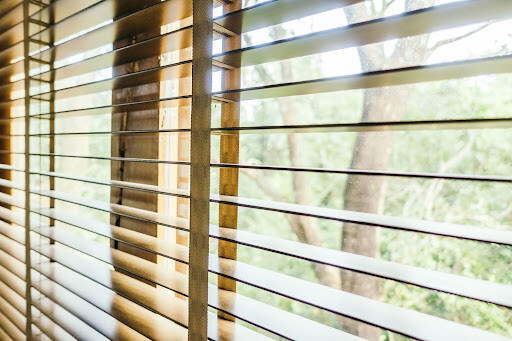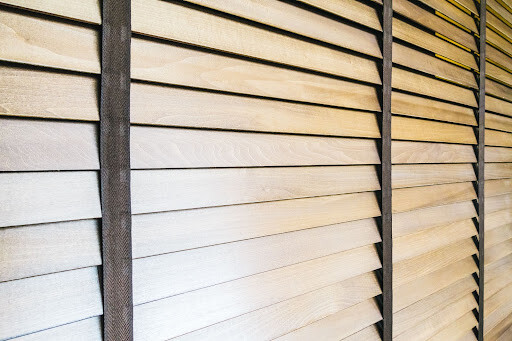Wood blinds are like items of furniture. They, unlike fabric blinds, become a part of the window, indistinguishable from other carpentry pieces at your home. Some of the most significant advantages of wooden blinds are low maintenance cost, durability, insulation, etc. Wood is a natural insulator; hence, wooden blinds keep your rooms insulated.
Features of Wood Blinds
Because of their durability, wooden blinds offer you higher value for your money. Usually, wooden blinds are made to the best standard and are checked for quality. The best practice in making wooden blinds ensures a high-quality, durable product. Privacy is another significant advantage that comes with these blinds. In today’s world, when the Orwellian dystopia of Big Brother always keeping a watch on us feels to be turning out to be accurate, privacy has become very important. Wooden blinds ensure privacy without hindering the outside view and incoming light. Wooden blinds are natural insulators; during the winter, they don’t let heat inside the house escape, while keeping the heat away during the summer! Wood blinds are adjustable. These are some of the greatest advantages of wooden blinds. But they have some disadvantages too.
Disadvantages Of Wood Blinds
The biggest disadvantage is weight. Wooden blinds are heavy and can lose maneuverability if installed on large windows. Furthermore, wood can contract and expand when exposed to moisture, and this drawback of wooden blinds makes them unfit to be installed at places prone to moisture. You cannot install wooden blinds above the kitchen sink, under the bathroom shower, or anywhere else where moisture is present.





